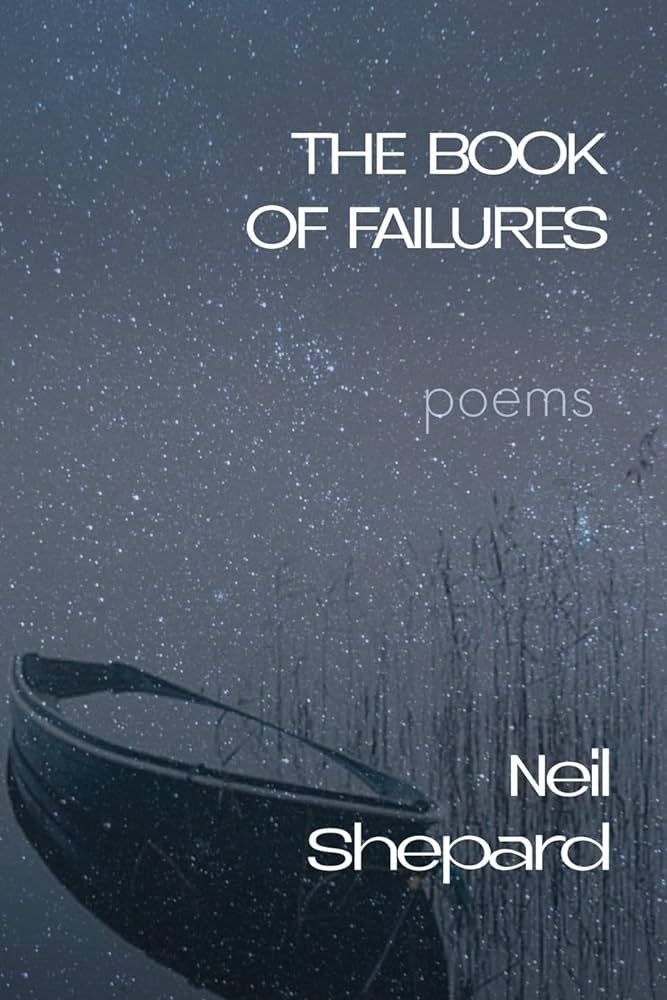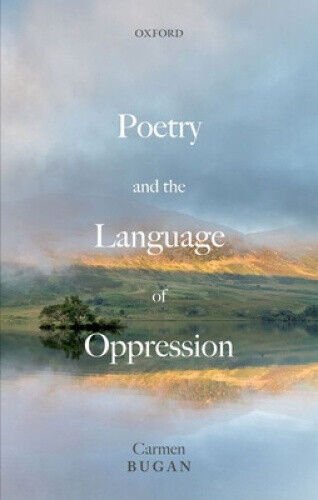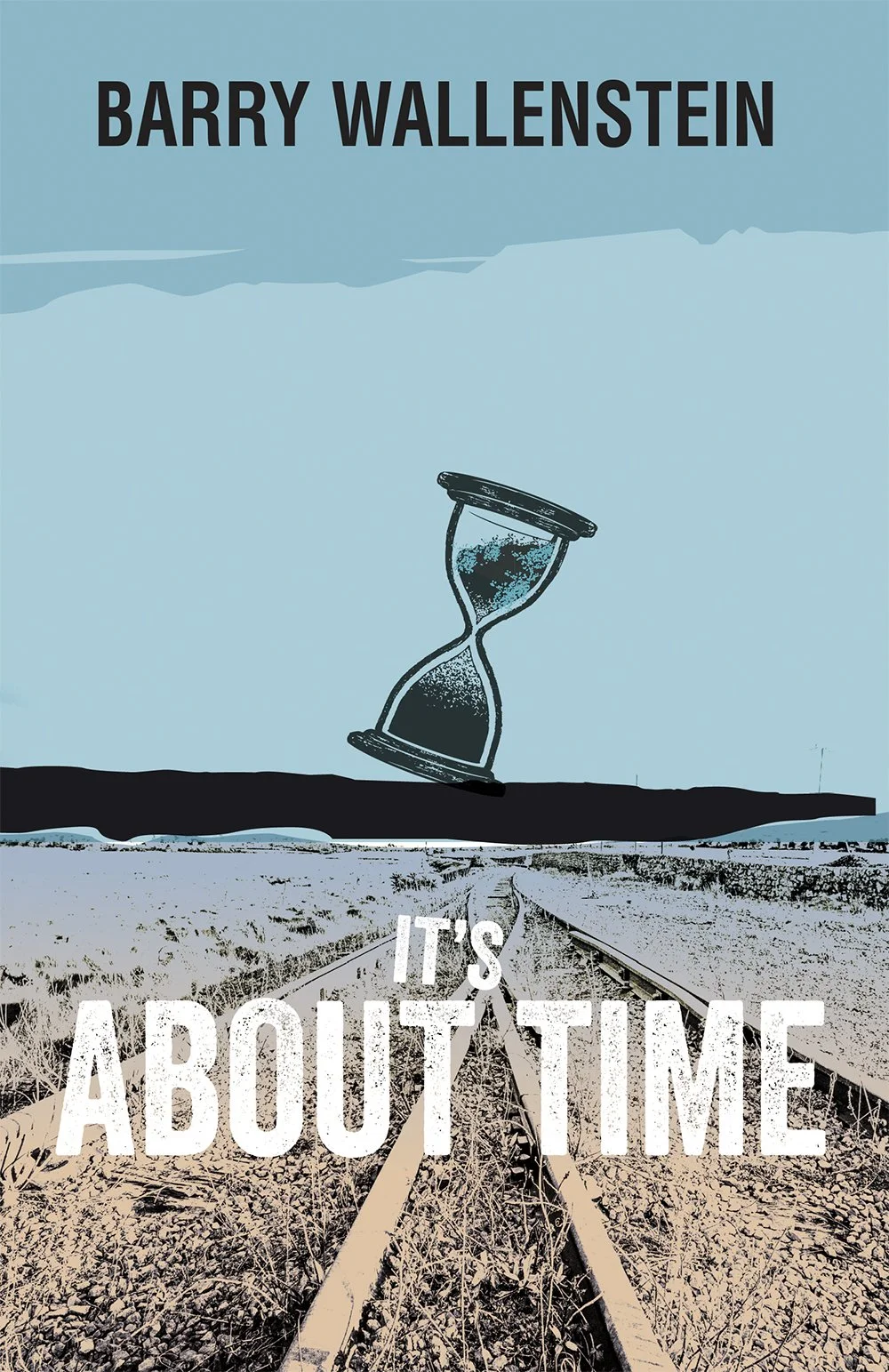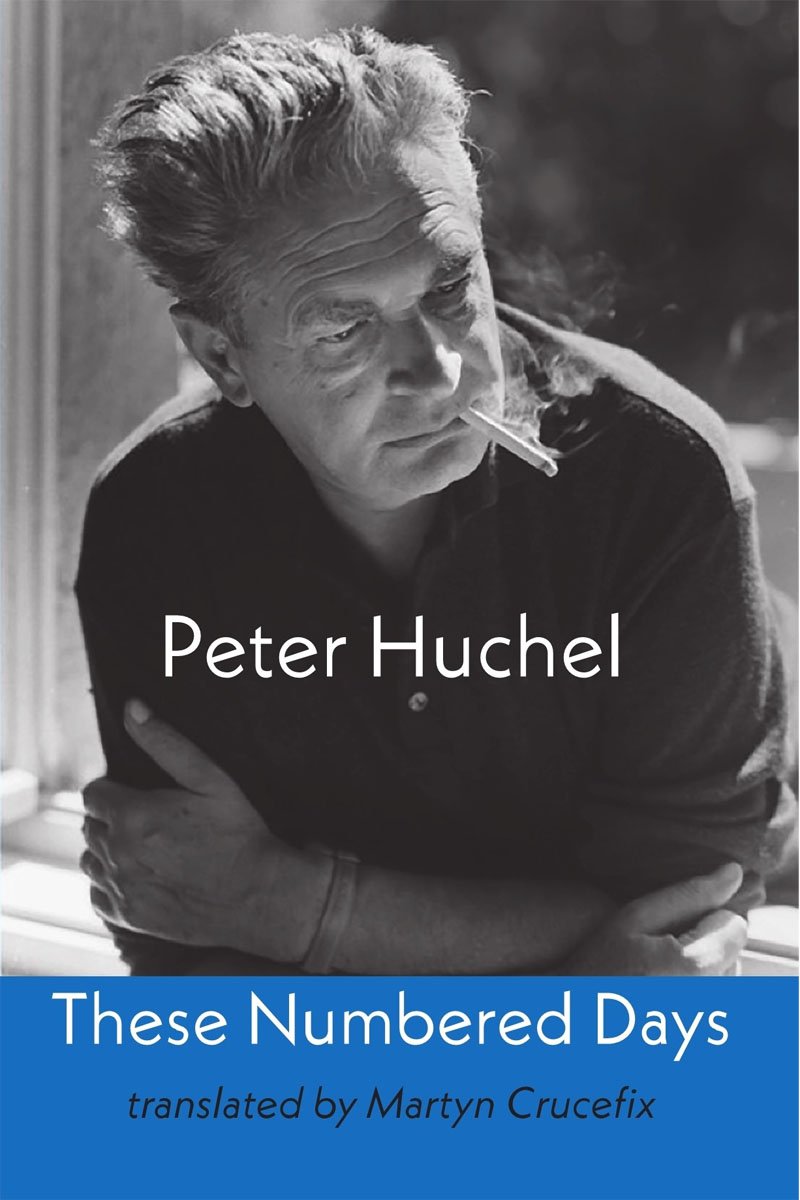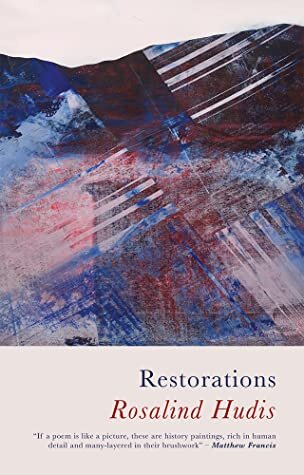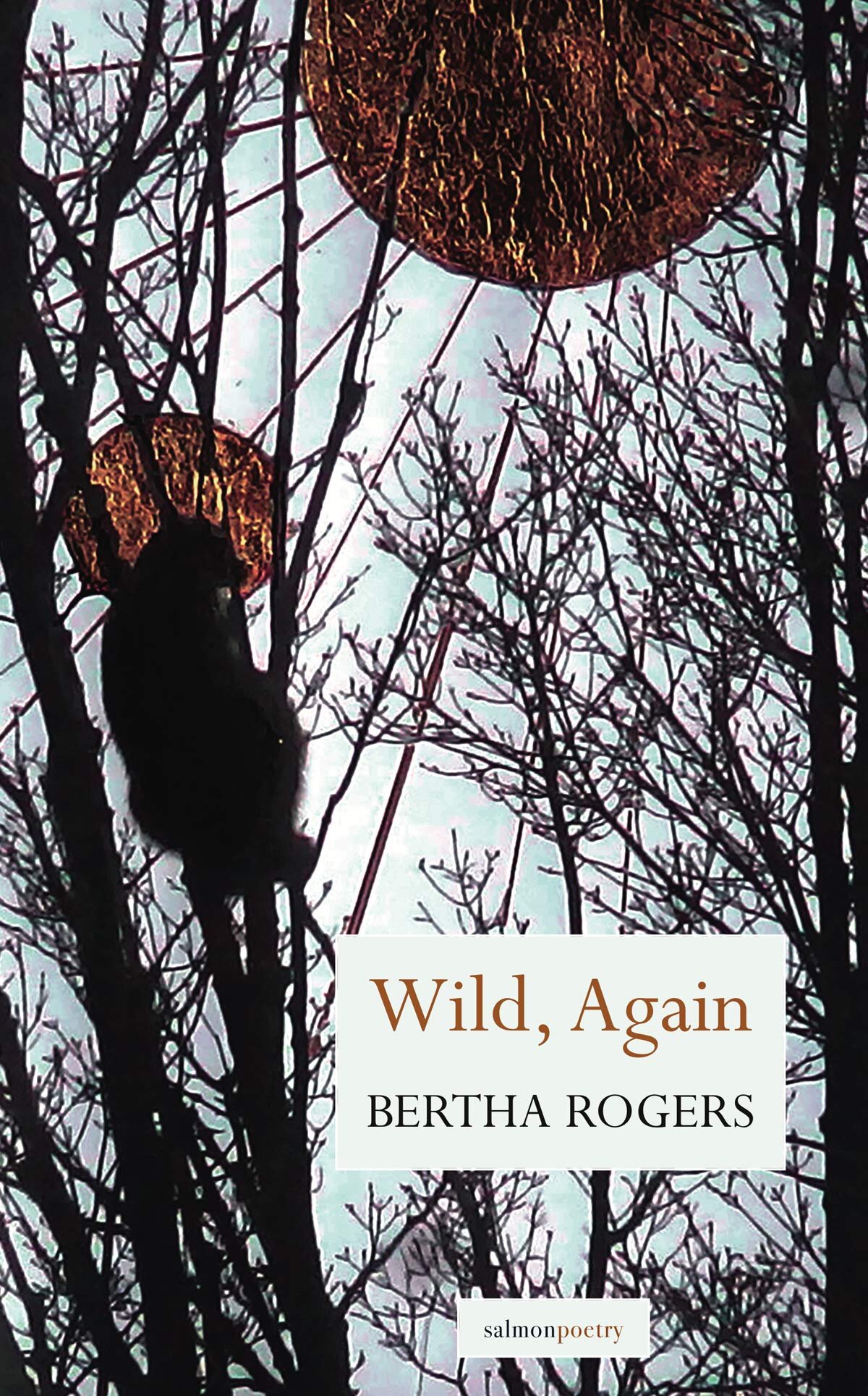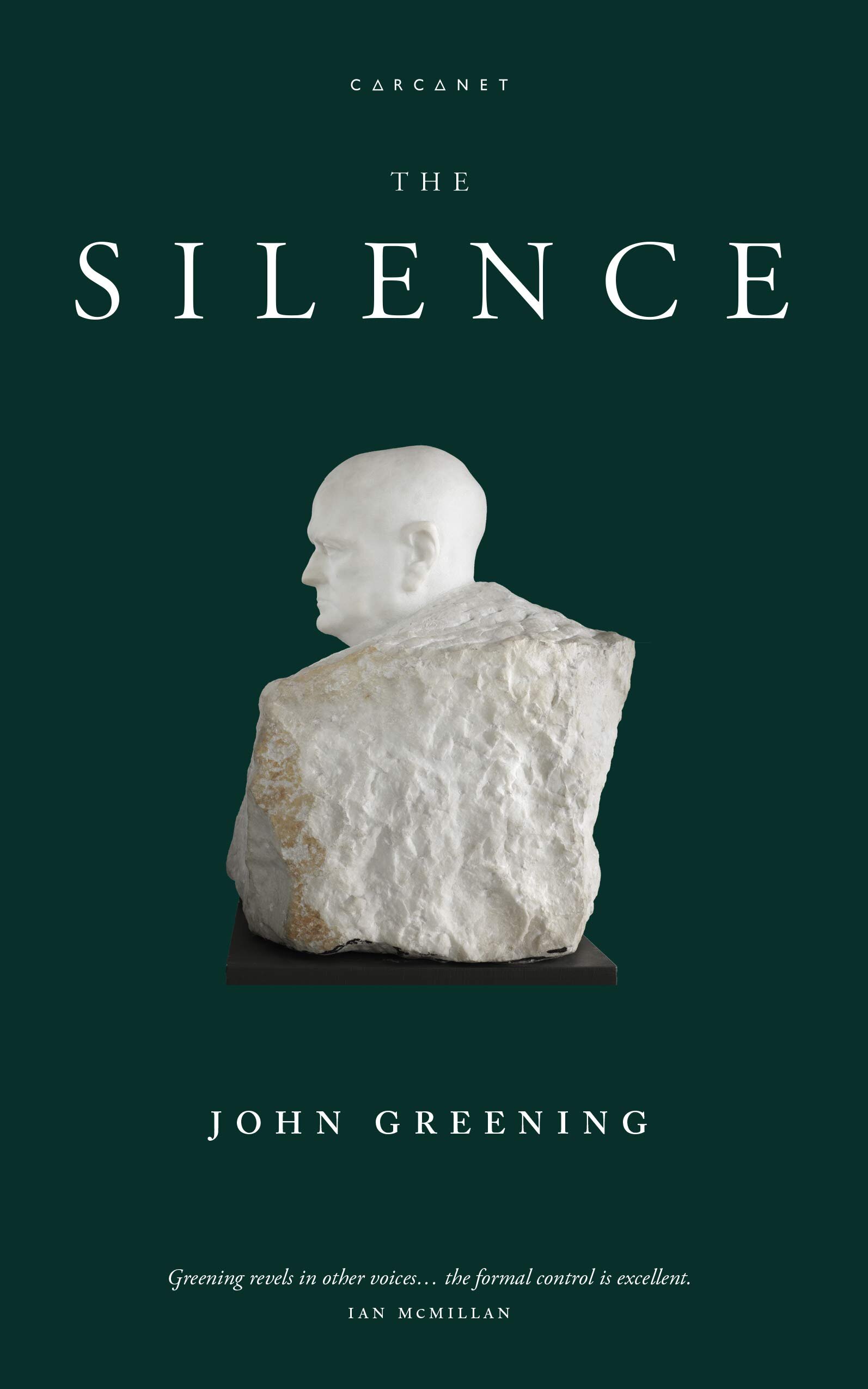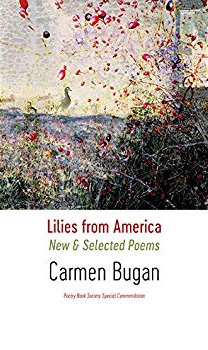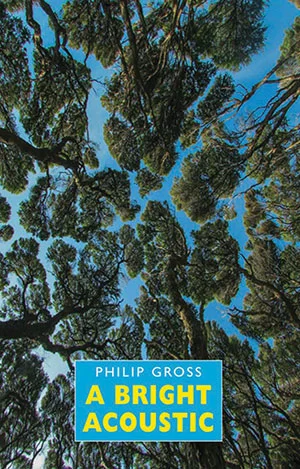The Book of Failures
Neil Shepard’s ninth book of poems, The Book of Failures, follows his collection of selected poems, How It Is, which gathered a quarter century’s worth of his work. After reading that book, I thought I would know what to expect from Shepard, but this new book startles, astonishes, provides the reader with a rare gift: "a second life / in order to process the first one."
